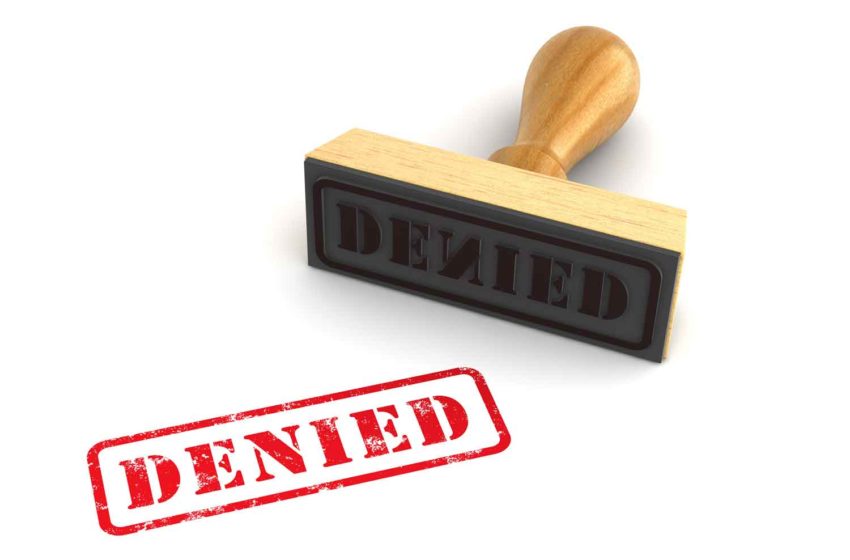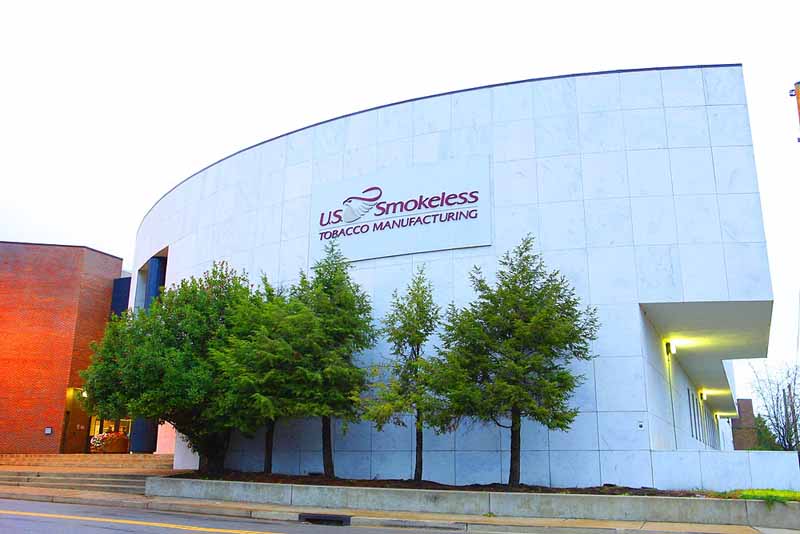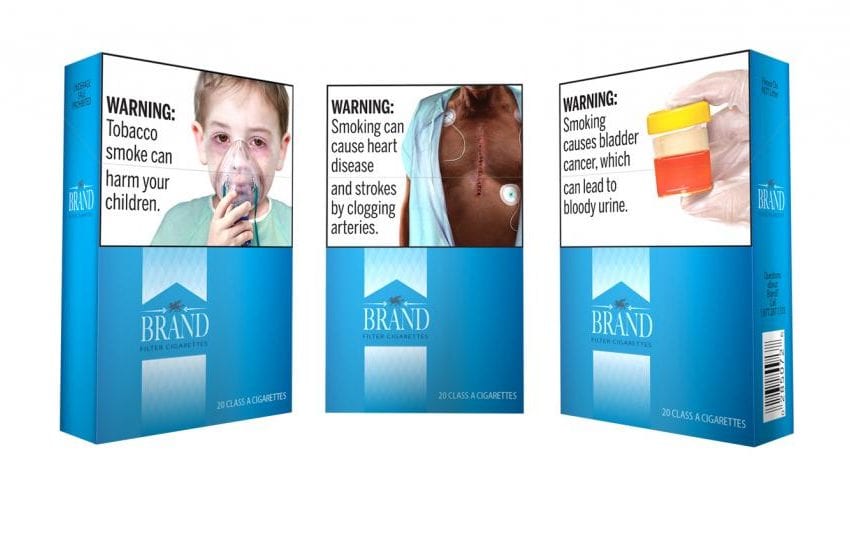It will explore how FDA uses novel technologies to inform decisionmaking. Read More
Tags :U.S. Food and Drug Administration
FDA action may signal it will not consider pending PMTAs when deciding on enforcement. Read More
The agency has determined that the products do not meet its public health standard.Read More
The TPSAC meeting will be available via a free webcast.Read More
Products failed to demonstrate they'd protect public health, says agency.Read More
U.S. Smokeless Tobacco may tell consumers that its product is less risky than cigarettes. Read More
Stakeholders will have an opportunity to comment on April 12.Read More
The video outlines appropriate items for a response to a CTP warning letterRead More
More bureaucrats and task forces are unlikely to alleviate the problems, say critics. Read More
In late 2022, a federal judge blocked the measure on free-speech considerations. Read More










